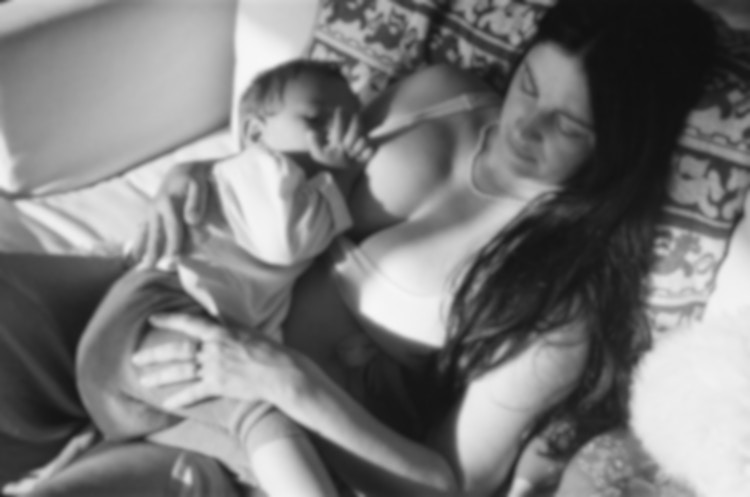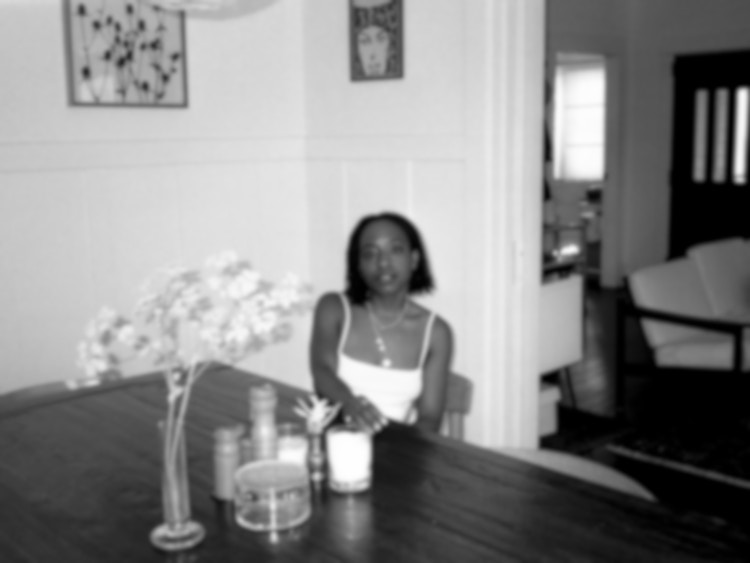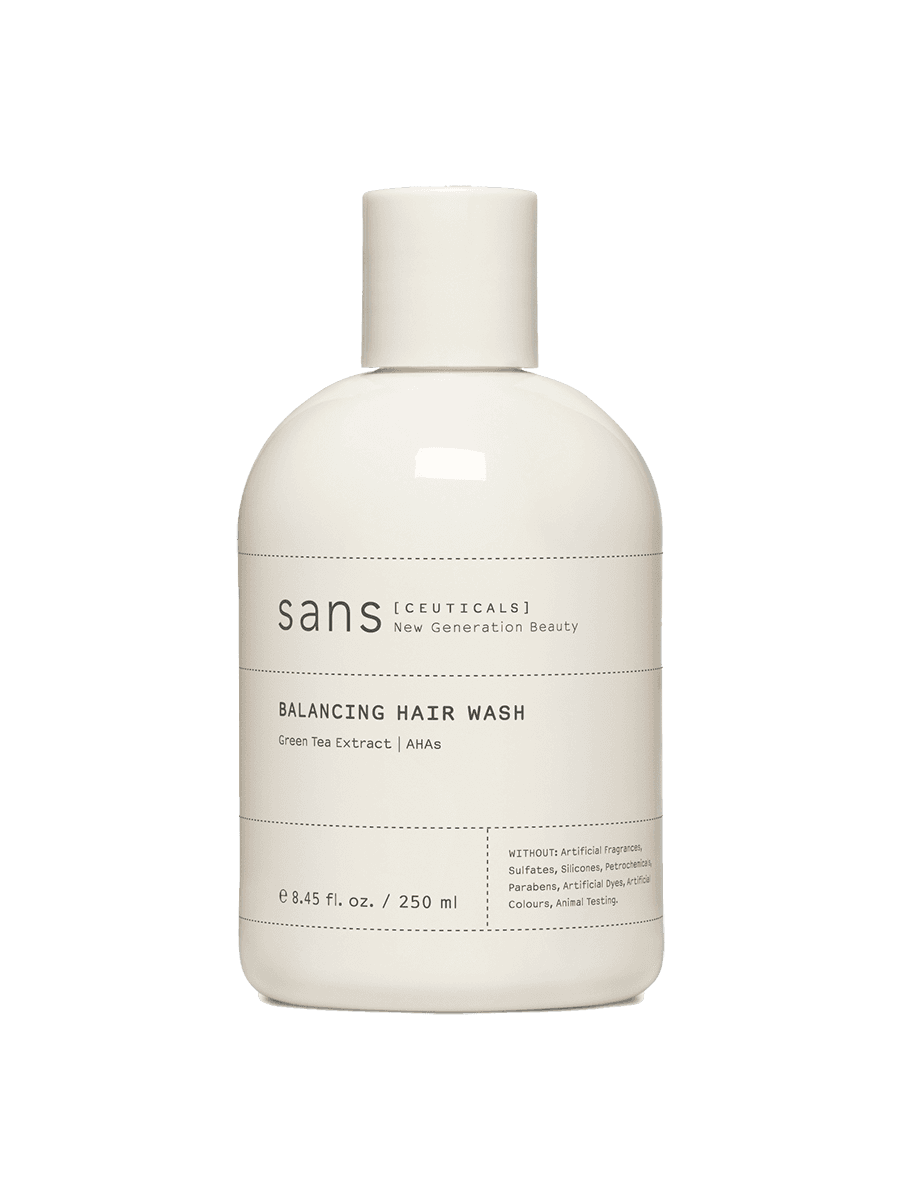–– You recently moved back to in Northern California, near where you grew up, after many years in New York. Was food an important part of your childhood in this area?
Both my parents and my aunts and uncles spent a lot of time in the kitchen. Food was central to our lives, and it was the one thing my parents didn’t concede on. We didn’t have Xmas presents, name-brand clothes, or many toys, but our fridge was always stocked with fresh goods. My mom’s family was on food stamps when they first came to the United States and I often think about that cultural, structural and dietary change for them, from Ethiopia to LA. Learning about the US food systems and community-created alternatives are central to my work now.










